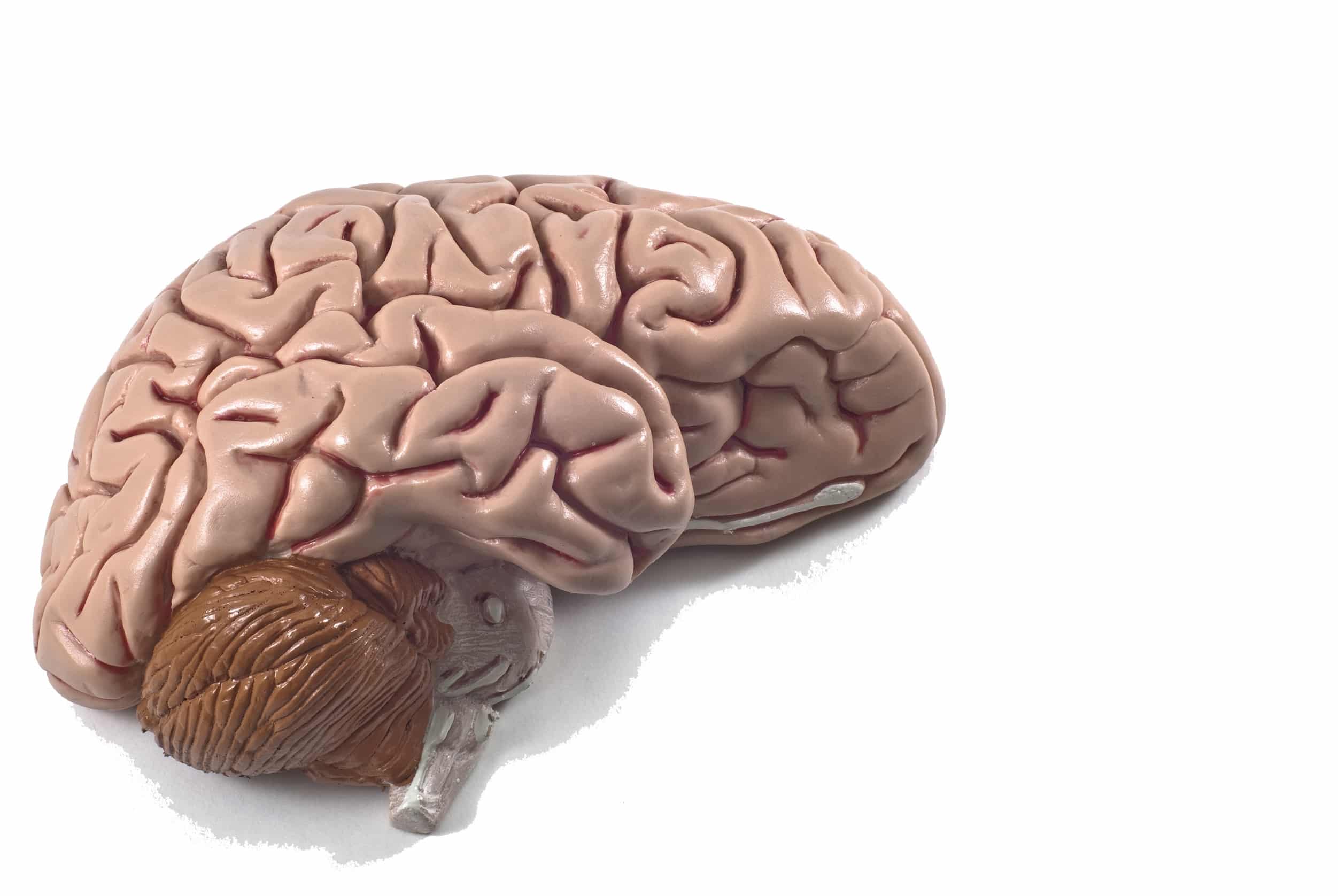Image Credit: cescassawin/123rf.com
British scientists have achieved a groundbreaking milestone in Alzheimer’s research by replicating the early stages of the disease using living human brain tissue. This pioneering study, conducted by a team in Edinburgh, provides valuable insights into the mechanisms of Alzheimer’s, which is a pressing global health concern.
The research involved healthy brain tissue obtained from patients undergoing surgery for brain tumors at the Royal Infirmary of Edinburgh. During these procedures, surgeons removed small samples of healthy brain tissue that would typically be discarded. The samples were quickly transported to the lab in oxygenated artificial spinal fluid, where they were prepared for experimentation.
Researchers focused on introducing amyloid beta, a protein linked to Alzheimer’s disease, into ultra-thin slices of the brain tissue. This protein was sourced from the brains of individuals who had died from the disease. The experiment revealed that toxic forms of amyloid beta disrupted synaptic connections between neurons in real time. Notably, the damaged brain tissue did not attempt to repair itself, indicating that even slight changes in amyloid beta levels can destabilize brain cells.
Further analysis of brain slices from the temporal lobe, an area typically affected early in Alzheimer’s, showed increased levels of tau protein, which may contribute to the region’s vulnerability to degeneration. These findings suggest that the balance of amyloid beta is critical for maintaining healthy brain function.
The implications of this research are significant, as it allows for the observation of Alzheimer’s pathology with unparalleled accuracy, paving the way for innovative drug development. By testing potential treatments directly on human tissue, researchers can potentially expedite the transition from laboratory findings to clinical applications.
This study was made possible through collaborations with the neurosurgical team at the University of Edinburgh and support from Race Against Dementia, a charity established by Sir Jackie Stewart, and a donation from the James Dyson Foundation. The innovative use of living human brain tissue marks a transformative approach in Alzheimer’s research, moving away from animal models to methods that more accurately reflect human biology.
As the global population ages, the urgency for effective therapies for Alzheimer’s becomes increasingly critical, with estimates suggesting that nearly 153 million people will be affected by 2050. This research represents a hopeful advancement in the quest to better understand and combat dementia, offering renewed optimism for millions of families worldwide.
Check out the original article here: Source link



